Multiple Choice
Use the change-of-base formula to rewrite the logarithm as a ratio of logarithms.Then use a graphing utility to graph the ratio.
F(x) = log11.7 x
A) 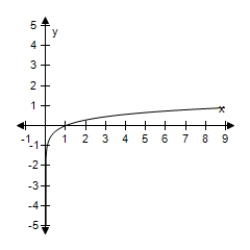
B) 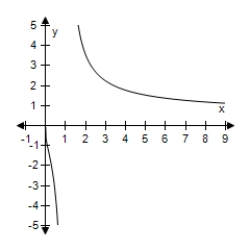
C) f(x) = log x + log 11.7 = ln x + ln 11.7 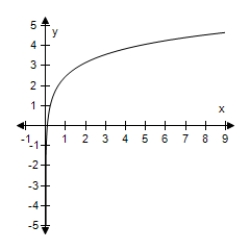
D) 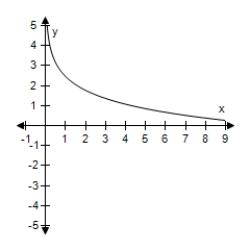
E) 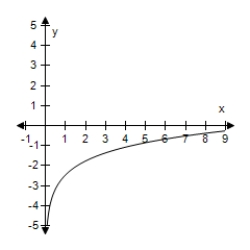
Correct Answer:

Verified
Correct Answer:
Verified
Related Questions
Q49: An initial investment of $5000 doubles in
Q110: What is the value of the
Q111: Use a graphing utility to determine
Q112: Find the exact value of
Q113: Evaluate the function at the indicated
Q114: Graph the function. <span class="ql-formula"
Q116: Use the properties of logarithms to
Q117: Solve for x.Approximate the result to
Q118: Use a graphing utility to determine
Q119: Write the exponential equation in logarithmic